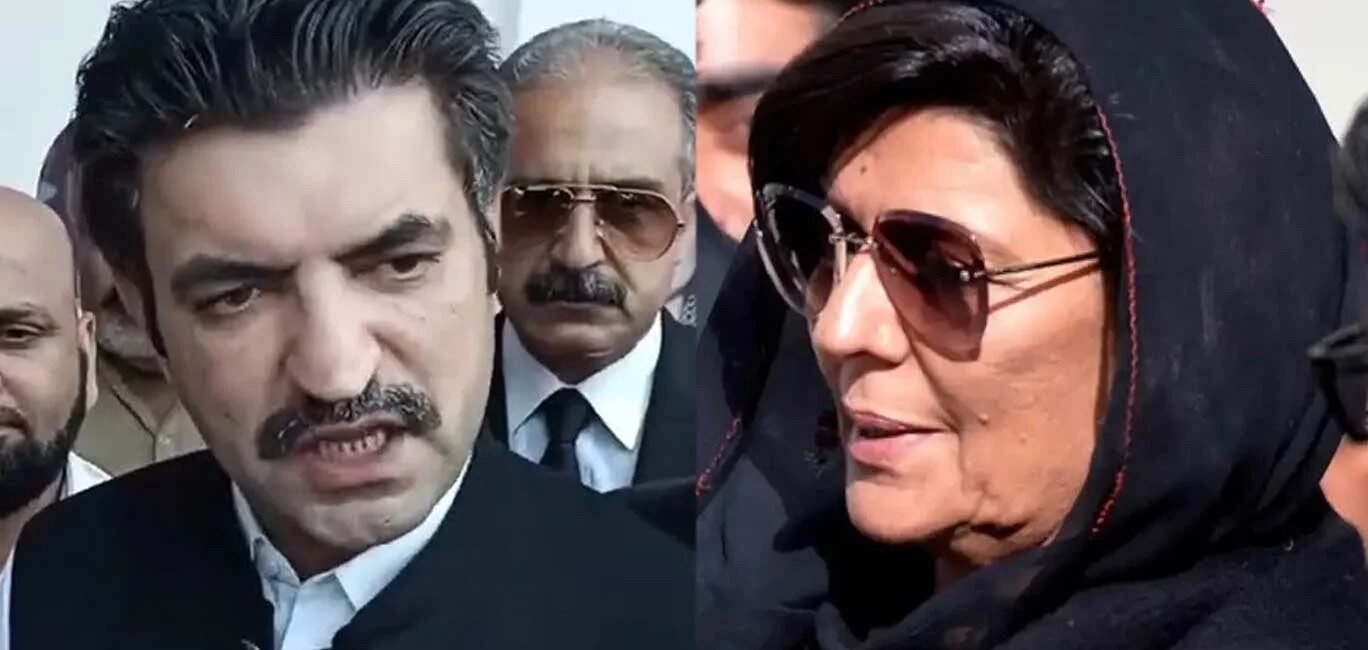
In the ever-evolving and complex landscape of Pakistani politics, tensions and rivalries among prominent figures often dominate headlines. Recently, a significant statement by Sher Afzal Marwat, a notable political commentator and analyst, has stirred debate. Marwat referred to former Prime Minister Imran Khan as “minus Aleema Khan,” alleging that Khan is the root cause of political discord and instability in the country. This remark sheds light on the intricate personal and political dynamics that continue to influence Pakistan’s political environment.
Understanding the Context
Imran Khan, the charismatic leader of the Pakistan Tehreek-e-Insaf (PTI) party, has been a dominant figure in Pakistani politics for over two decades. His rise from a celebrated cricketer to a political leader was marked by promises of change, anti-corruption drives, and a vision for a ‘Naya Pakistan’ (New Pakistan). However, his tenure as Prime Minister and the subsequent political developments have been riddled with controversies, opposition challenges, and allegations of political vendettas.
Aleema Khan, the wife of Jahangir Khan Tareen, a senior PTI leader, and a politically influential figure herself, has often been at the center of controversies, particularly concerning internal party dynamics and factionalism. The relationship between Imran Khan and Aleema Khan, though not directly personal, has been politically significant, especially given the internal power struggles within PTI.
Sher Afzal Marwat’s Statement: “Minus Aleema Khan”
Sher Afzal Marwat’s description of Imran Khan as “minus Aleema Khan” metaphorically suggests that Khan’s political standing or legitimacy is incomplete or weakened without Aleema Khan’s influence or presence. This phrase implies a complex interplay between Khan’s leadership and the political weight Aleema Khan carries in certain circles.
More importantly, Marwat accused Imran Khan of being the primary source of political chaos or “fasad” in Pakistan. According to Marwat, Khan’s actions, rhetoric, and political maneuvers have significantly contributed to the ongoing instability and division in the country’s political framework. This criticism highlights a perspective that holds Khan responsible for polarizing political discourse and fomenting unrest, whether through his confrontations with opposition parties, the judiciary, or within his own party.
Political Factionalism and Its Impact
The mention of Aleema Khan in this context points to deeper factional rivalries within PTI and the broader political landscape. Aleema Khan and Jahangir Khan Tareen’s faction has sometimes been viewed as a counterbalance or even a rival to Imran Khan’s direct leadership, reflecting the internal complexities of PTI’s organizational structure.
Sher Afzal Marwat’s remarks may indicate the factional tension that has weakened PTI’s unity, which in turn has had ramifications for Pakistan’s political stability. When key figures within the same political party are embroiled in disputes, it often leads to fragmentation, policy paralysis, and a distracted political agenda.
Broader Implications for Pakistani Politics
Pakistan’s political arena is characterized by shifting alliances, power struggles, and competing personalities. Imran Khan’s role has always been pivotal, but his leadership style and political strategies have also been sources of contention. Marwat’s statement resonates with critics who argue that Khan’s confrontational approach exacerbates political instability rather than resolving it.
Furthermore, the reference to Aleema Khan emphasizes how individual actors—beyond the formal political office holders—shape political narratives and influence power dynamics. This points to a broader theme in Pakistani politics: the intertwining of personal relationships, party loyalties, and political strategies.
Conclusion: A Reflection on Political Responsibility
Sher Afzal Marwat’s characterization of Imran Khan as “minus Aleema Khan” and as the “root of discord” is a critical commentary that invites reflection on the responsibilities of political leaders in Pakistan. It underscores the need for cohesion, constructive dialogue, and a focus on national unity amidst diverse political interests.
As Pakistan continues to navigate its democratic journey, the interplay between influential figures like Imran Khan and Aleema Khan will likely remain significant. How these dynamics evolve will shape not only PTI’s future but also the broader political stability of the country.
Reference: عمران خان کو مائنس علیمہ خان نے کیا، وہی فساد کی اصل جڑ ہیں: شیر افضل مروت


